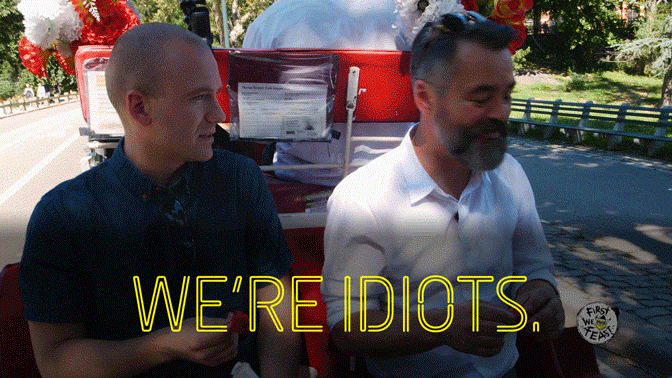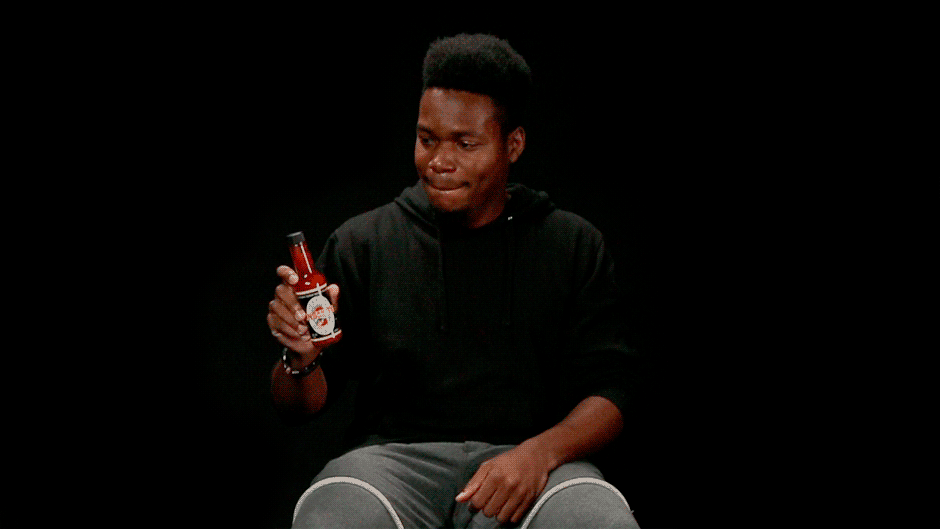Does Passing Spicy Food Ever Get Easy
How to Prep For and Recover From Eating Spicy Foods
A chile-head's guide to taming the burn, with tips from competitive eaters, chile-pepper experts, and hot sauce thrill-seekers.
Eating spicy foods is a bit of an art form, a delicate dance in the beauty of the burn.Or is tempting fate with chile-laced snacks more of an athletic feat—a bravura display of willpower, strength, and determination in tackling the heat? (Or just plain ignorance.)
Maybe it's an equal balance of both perspectives: An art form in knowing just how to hit the heat; an athletic maneuver in actually executing your game-plan. Having that baseline understanding is especially helpful in this modern hot-sauce landscape, where hot sauce sommeliers armed with knowledge about Oleoresin Capsicum are the new cognoscenti. As America's spice wars continue to ramp up, and hot chicken dominates headlines all over the country, "Scovilles" are no longer an esoteric measurement.
In reality though, eating spicy foods is usually more of a "what works, works" for each individual person. Personally, I like using bitter, double IPAs to cool down the heat, something the nerds in lab coats would tell you is antithetical to the cause. Capsaicin—the active heat component of chili peppers—is not fully soluble in beer, and thus should, in theory, cause the heat to spread throughout your mouth and body with the flow of the liquid.
I know those are the facts, but the fact for me is that the prickly, dank hops of an IPA usually overpowers the spice of the Indian food or jalapenos or million-Scoville hot sauces—not just cooling my mouth down, but making for a nice flavor pairing as well.
But I'm no expert.
Which is why we turned to some actual veterans of the scene—luminaries in the field of hot sauce design and hot food indulgence—to breakdown their game plan for tackling heat.
Latest News
Source: https://firstwefeast.com/features/2016/10/how-to-prep-and-recover-from-spicy-foods/



Post a Comment for "Does Passing Spicy Food Ever Get Easy"